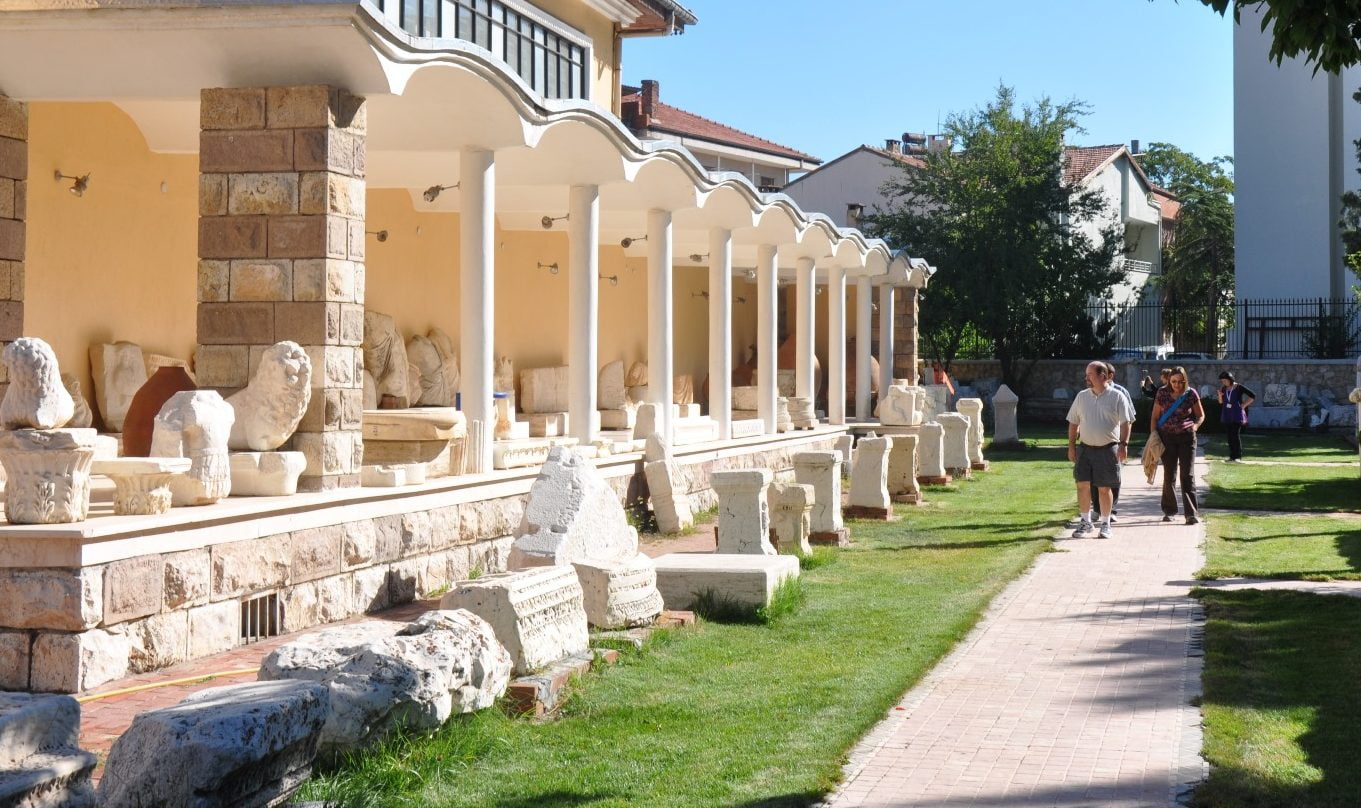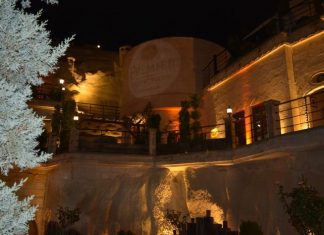The orchard to the east of the house was full of gnarled old apple- trees, worm-eaten as to trunks and branches, and fully ornamented with green and white lichens, so that it had a sad, greenish-white, silvery effect in moonlight. The low outhouses, which had once housed chickens, a horse or two, a cow, and several pigs, were covered with patches of moss as to their roof, and the sides had been free of paint for so long that they were blackish gray as to color, and a little spongy.
The picket-fence in front, with its gate squeaky and askew, and the side fences of the stake-and-rider type were in an equally run-down condition. As a matter of fact, they had aged synchronously with the persons who lived here, old Henry Reifsneider and his wife Phoebe Ann.
They had lived here, these two, ever since their marriage, forty-eight years before, and Henry had lived here before that from his childhood up. His father and mother, well along in years when he was a boy, had invited him to bring his wife here when he had first fallen in love and decided to marry; and he had done so.
His father and mother were the companions of himself and his wife for ten years after they were married, when both died; and then Henry and Phoebe were left with their five children growing lustily apace. But all sorts of things had happened since then.
Of the seven children, all told, that had been born to them, three had died; one girl had gone to Kansas; one boy had gone to Sioux Falls, never even to be heard of after; another boy had gone to Washington; and the last girl lived five counties away in the same State, but was so burdened with cares of her own that she rarely gave them a thought. Time and a commonplace home life that had never been attractive had weaned them thoroughly, so that, wherever they were, they gave little thought as to how it might be with their father and mother.
His wife Phoebe
Old Henry Reifsneider and his wife Phoebe were a loving couple. You perhaps know how it is with simple natures that fasten themselves like lichens on the stones of circumstance and weather their days to a crumbling conclusion. The great world sounds widely, but it has no call for them. They have no soaring intellect.
The orchard, the meadow, the cornfield, the pig-pen, and the chicken-lot measure the range of their human activities. When the wheat is headed it is reaped and threshed; when the corn is browned and frosted it is cut and shocked; when the timothy is in full head it is cut, and the haycock erected.
After that comes winter, with the hauling of grain to market, the sawing and splitting of wood, the simple chores of fire-building, meal-getting, occasional repairing and visiting. Beyond these and the changes of weather the snows, the rains, and the fair days there are no immediate, significant things. All the rest of life is a far-off, clamorous phantasmagoria, flickering like Northern lights in the night, and sounding as faintly as cowbells tinkling in the distance.
Read More about The Tall Woman part 2








